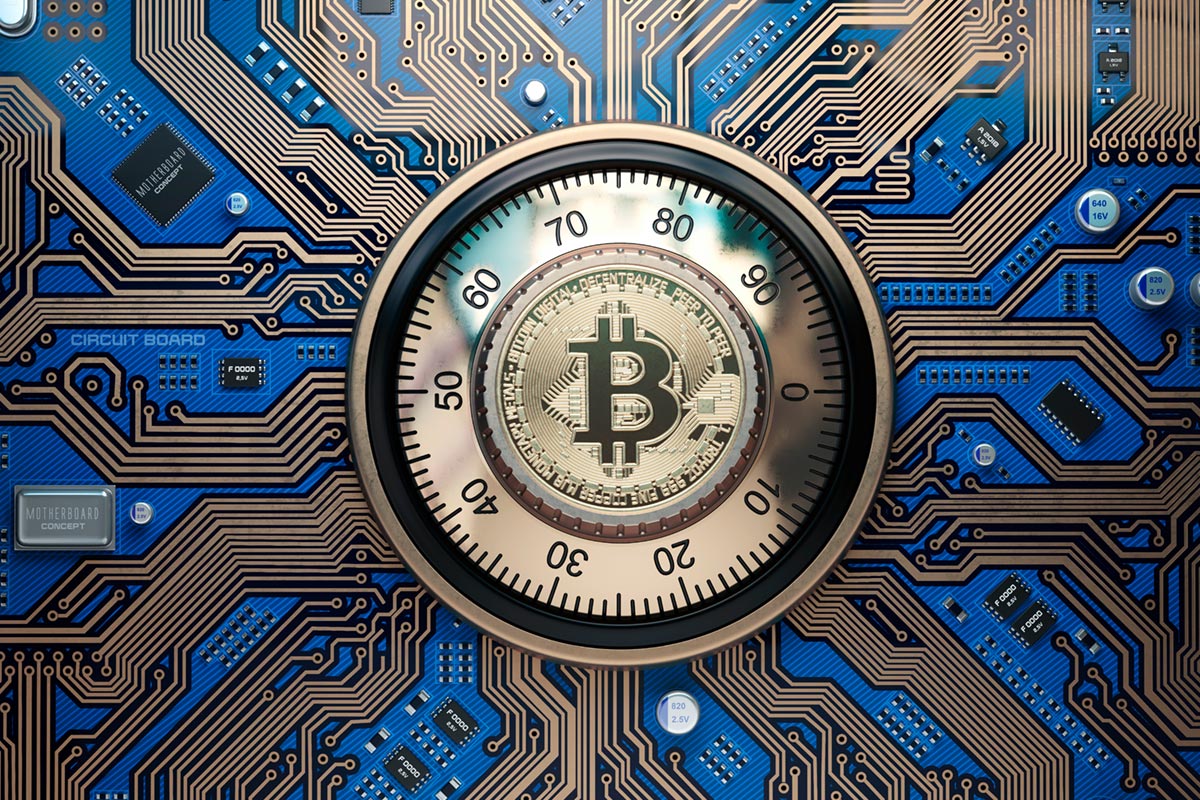The blockchain evolution has begun

The blockchain evolution has begun
It’s Sunday morning – you check your balance and see that you have earned 200 euros from your house this week. While you have been sleeping and at work, strangers have stopped by your house with their electric cars and used your charger. Also, your neighbor’s son has been doing some heavy gaming with friends this week, so he bought the excess power from the solar panels on your roof.
Both the strangers using your charger and your neighbor paid you for every second of electricity, basically streaming money to you. The taxes you are obliged to pay for this income instantly goes to the government without any paperwork. Maybe you and your better half should go out and treat yourself to a nice dinner tonight? This is all possible thanks to a global infrastructure for trusted interactions – consisting of blockchains.
In early 2017 practically no one was aware of Bitcoin or the word “blockchain”. By Christmas 2017 those words were in every major news outlet. A lot of people are now wondering: what can this technology actually do for me? So let’s imagine we are a few years into the future and exploring your blockchain-enabled day in more detail.
Say you’re looking for a new job and you get a reply from the exact right person, to potentially get that dream job. Her schedule is packed, you had no friends who could introduce you and there are heaps of other people trying to grab her attention. So how did you manage to get the attention of this high-profiled manager? Well, you simply paid for her to reply – the 100 euros you offered were enough for her to take your request seriously. Your money was locked up until it timed out or she replied. You are invited to an interview next week. Your prospective employer has already verified your CV, your university degrees and grades from the US and Australia, plus your former positions in France and Brazil – they were all confirmed to be legit seconds after she read your email.
A fundamental shift
This week you earned money off your house, paid the relevant taxes and got in touch with a prospective employer who instantly verified the legitimacy of your CV. All without touching a piece of paper and almost without any effort on your part. So, what’s the difference between your story here and the current state of affairs?
Accounts, in this story, are not bank accounts but an address in a distributed ledger – a blockchain. A distinction you don’t really have to care about, but a fundamental shift in how we interact financially and trustfully. First of all, your house can’t have a bank account. Bank accounts are for human beings with social security numbers and it takes those accounts a few days to settle a simple transaction. Thus, that stranger buying power could be long gone before you know if she is willing to pay. Furthermore, you cannot program your bank account to autonomously decide whether some stranger pulling up in your driveway is offering an acceptable price for your power. Bank accounts don’t send money across borders depending on whether someone replies to an email or not – they’re not programmable. When you use a bank account you pay your taxes a year or so after the relevant taxable event, bringing down half the rainforest in the process.
It might change your life
Your ID is no longer plastic, it’s an entry into a global infrastructure for trusted interaction. Instead of printing a piece of paper and scribbling your signature at the bottom of it, your university in Australia signs a digital claim about your education. That’s why your potential employer can basically click a button and instantly verify that you have a certain degree and grades. Luckily all the other institutions they need a confirmation from also use the same global infrastructure.
“Your ID is no longer plastic, it’s an entry into a global infrastructure for trusted interaction.
Any technology shift needs some time to evolve before it becomes truly useful. In retrospect it might seem like it happened over night, but it’s very much an evolutionary process with a lot of trial and error. In the year 2000 you probably didn’t predict the rise of Facebook or AirBnB. A lot of people had a huge but vague faith in the internet and invested, even though they didn’t know what it would actually be useful for.
Today, few will deny the massive impact of the internet. Put your phone in flight mode and you quickly understand how much you rely on it. Despite that you probably cannot explain how the internet works. You might not understand how blockchain technology works either, and you might not see clearly what applications it will bring – but it still might fundamentally change the world and your everyday life.